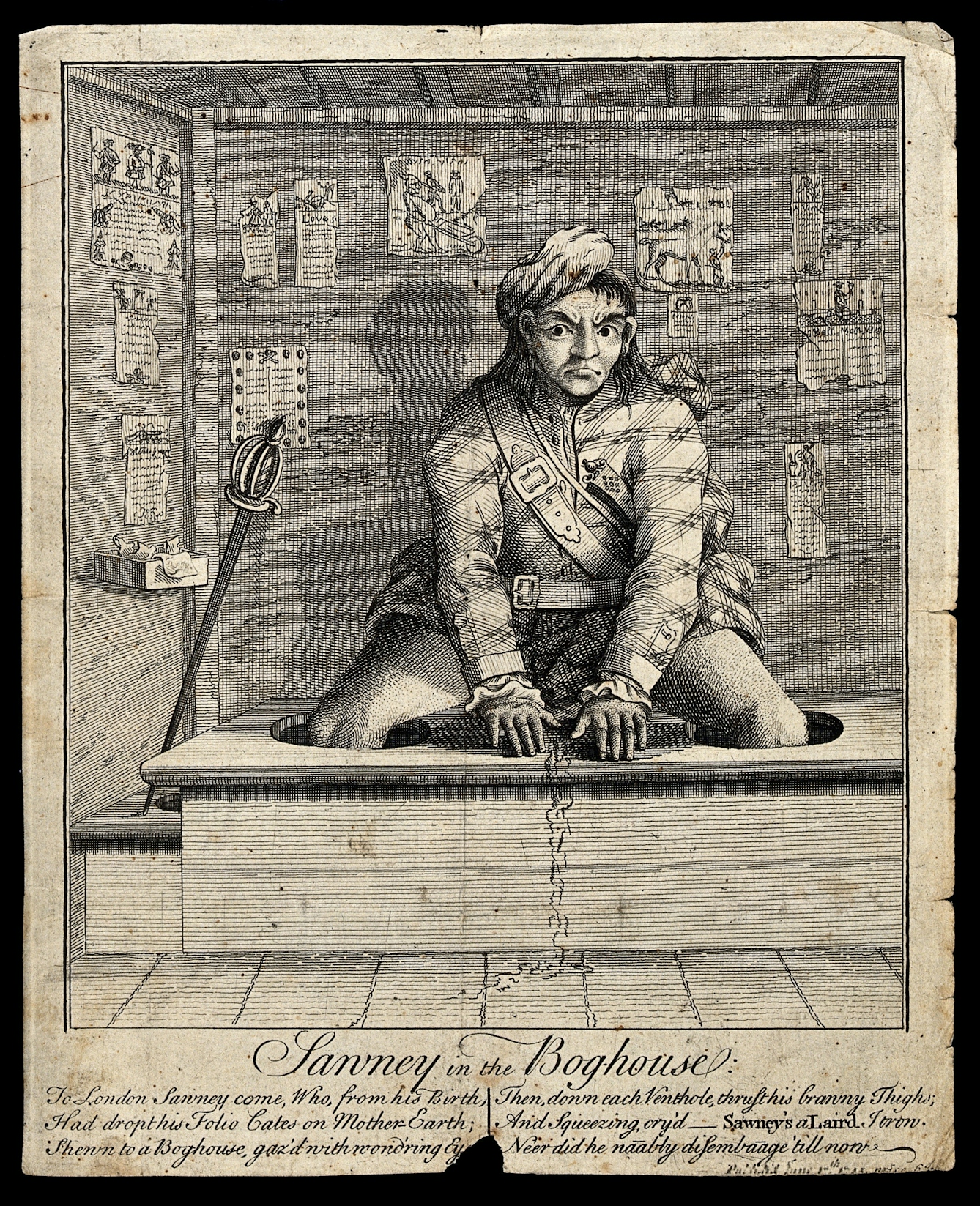It seems true, as Kitty Kallen said, that little things mean a lot. My experience these last few weeks have emphasised this. Living as a squatter in my own house, confined to a couple of rooms where everything else is mess and chaos, my recent reading of Hubbub about the small things that make life difficult, trying to get back into writing my novel about Samuel and Nathaniel Johnson - the all remind me of the difficulties of little things.
In the house, the difficulty of not having a proper place to sit and write has made it harder to do so. Not having a clean place to put my clothes where they don’t gather a thin layer of brick dust, or having to wear outdoor shoes to leave the little carpeted room I’m mostly holed up in, are all things that spins the sense of life off-kilter.
Similarly, the experiences read about in Hubbub, the neighbour who doesn’t empty their latrine pit often enough, the dubious freshness of meat and veg, the noise of pewterers hammering away on loud, empty vessels, all have an outsized impact on how lives are lead.
Then, with a new awareness of these things, I return to my novel and find those little details, the things that make life real are the hardest ones to know about. This is especially true because of the domestic nature of the book. What little jobs and bodges existed in the Johnson’s home at Breadstreet? Where were the draughty areas? What little jobs did the family mean to do but never got round to because ‘it wasn’t that bad really’? These little details are the elements that really shape a life. As Johnson said, “There is nothing too little for so little a creature as man”.
I’m lucky that the Johnsons were so written about and recorded. I know where there house was, the layout of it. I know that the kitchen was the lowest room in the house, below street level and that the fire was kept lit, and many times the only fire lit. I know that the family, despite the size of their house, mainly decamped to this dingy, warm snuggery. I know that Samuel sat and read by the fire, because that’s where he was when he was spooked out reading Hamlet.
I also know a little about how they ate and drank. Johnson was given coffee in the morning but Sarah was prohibited to keeping a tea-caddy and inviting friends over. Samuel loved boiled pork, rump steak and plumb pudding. He drowned his food with gravy. As a child, he’d snack on toasted oats, which he’d carry loose in his pockets much as he would later carry his snuff. He was inordinately fond of fruit and could eat dozens of plumbs when in season. We also know he found a book that he loved when he was rooting around the top shelves of the bookshop for apples Natty had left there to dry. Samuel never reports of going hungry.
The Johnson family seem lucky. When reading about the town’s infrastructure compared to the descriptions in Hubbub, Lichfield sounds like a well ordered town. The water supplies are well regulated, inspected and maintained. The industrial problems of towns like Birmingham don’t really affect the place and Lichfield doesn’t seem to have the outbreaks of cholera that other cities suffer.
Yet, the family did live next to the main marketplace. How noisy was it? How dirty? How much did it impinge on the family in the house? There’d have been animals, litter, vegetable debris. What about the cries, calls and general noise of market days? Was the house an island from noise or a noisy place itself? It was a new build, organised in the modern way of many smaller rooms, but those rooms were filled with books, skins, paper and all the work and stock for the shop. John Wain points out how all the Johnson males were large and that “when they squeezed past each other on the stairs, or in narrow spaces, between bookshelves, they must have seemed like mastiffs in a terrier’s kennel.” Michael himself often found reasons to be away from the house for long periods, Samuel didn’t want to return after months of visiting a cousin and Natty seemed to have liked the company of a pub. Perhaps they were all trying to escape. Poor Sarah didn’t have that outlet.
Of course, this is where knowledge and imagination need to blend. It feels as much as I know (and posts like this are partly an exercise in recalling and organising the knowledge I have) I will never know enough to convey the texture, the rhythms of life for this one family, in this one time, at this one place. And with the disorder swirling round me at the moment, it’s hard to concentrate on what I know as it is.



No comments:
Post a Comment